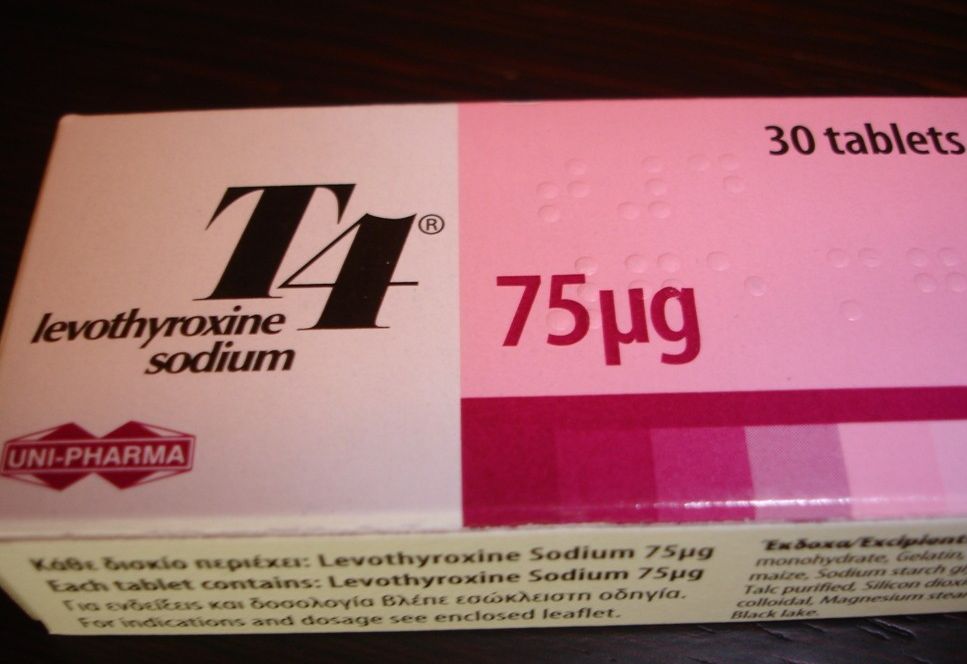OK, I read about d1/d2. All very interesting minutae. However, you can disregard the recommendation to use T4 because as it turns out,
Now, as we’ve seen, GH is HIGHLY synergistic with T3 in the body, and as a mater of fact, if you’ve been paying any attention up until this point, you’ll note that the limiting factor on GH’s ability to exert many of it’s effects, is mediated by the amount of T3 in the body.
As noted before, T3 enhances many effects of GH by several mechanisms, including (but not limited to): increasing IGF-1 levels, IGF-1 mRNA levels, and finally by actually mediating the control of the growth hormone gene transcription process as seen below:
Comparison of the kinetics of L-T3-receptor binding abundance to changes in the rate of transcription of the GH gene.(3)
As you can see, T3 levels are directly correlative to GH gene transcription. The scientists who conducted the study which provided the graph above concluded that the amount of T3 present is a regulatory factor on how much GH gene transcription actually occurs. And gene transcription is what actually gives us the effects from GH. This last fact really seems to shed some light on why we need T3 levels to be supraphysiological if we’re going to be using supraphysiological levels of GH, right?
Is wrong; at the very least, it is absurdly irrelevant minutae. The cited 1984 study that is the basis for the crux of Roberts' argument showed that thyroid hormone rapidly stimulates the rate of rat growth hormone [a different compound than 22 kda hGH] gene transcription which parallels the kinetics of binding of 3,5,3'-triiodo-L-thyronine (L-T3) to its nuclear receptor (Yaffe, B. M., and Samuels, H. H. (1984) J. Biol. Chem. 259, 6284-6291).
This is such tangential, unrelated minutae to supraphysiological rhGH use that it's baffling.
T3 increases with exogenous rhGH administration due to peripheral conversion of T4 to T3. Great. The increase in T3 contributes about 50% to GH's increase in REE. GH's primary lipolysis mechanisms have nothing to do with REE or thyroid. That alone should tell you the unbelievable irrelevance of this 2006 article today.
If you want to keep taking T4 with your rhGH, by all means! It's just unnecessary.



